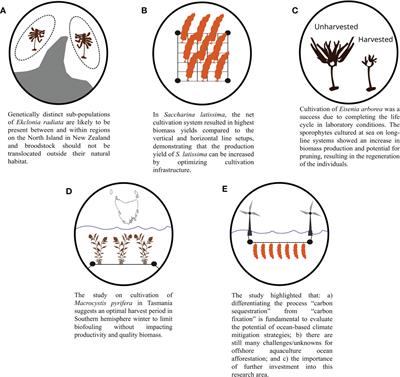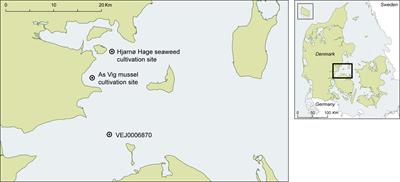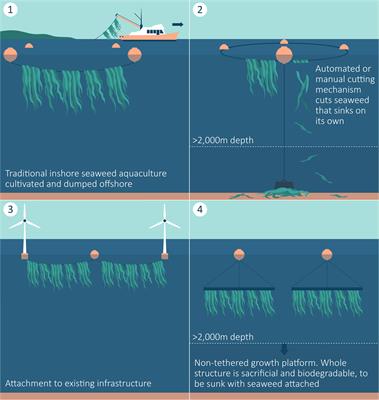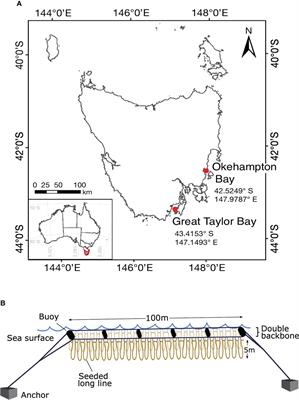EDITORIAL
Published on 14 Mar 2023
Editorial: Sustainable seaweed aquaculture: Current advances and its environmental implications

doi 10.3389/fmars.2023.1160656
- 2,219 views
- 1 citation
6,294
Total downloads
42k
Total views and downloads
Select the journal/section where you want your idea to be submitted:
EDITORIAL
Published on 14 Mar 2023

ORIGINAL RESEARCH
Published on 06 Feb 2023

REVIEW
Published on 18 Nov 2022

ORIGINAL RESEARCH
Published on 24 Aug 2022

ORIGINAL RESEARCH
Published on 29 Jul 2022

ORIGINAL RESEARCH
Published on 22 Nov 2021

